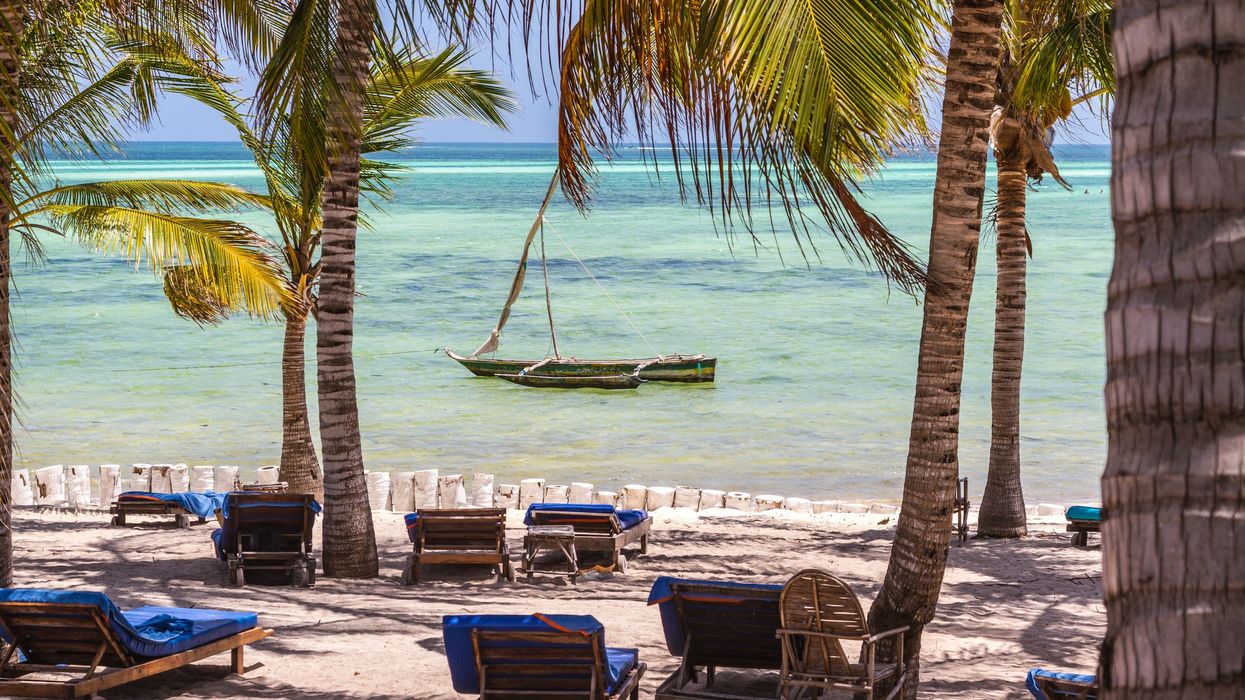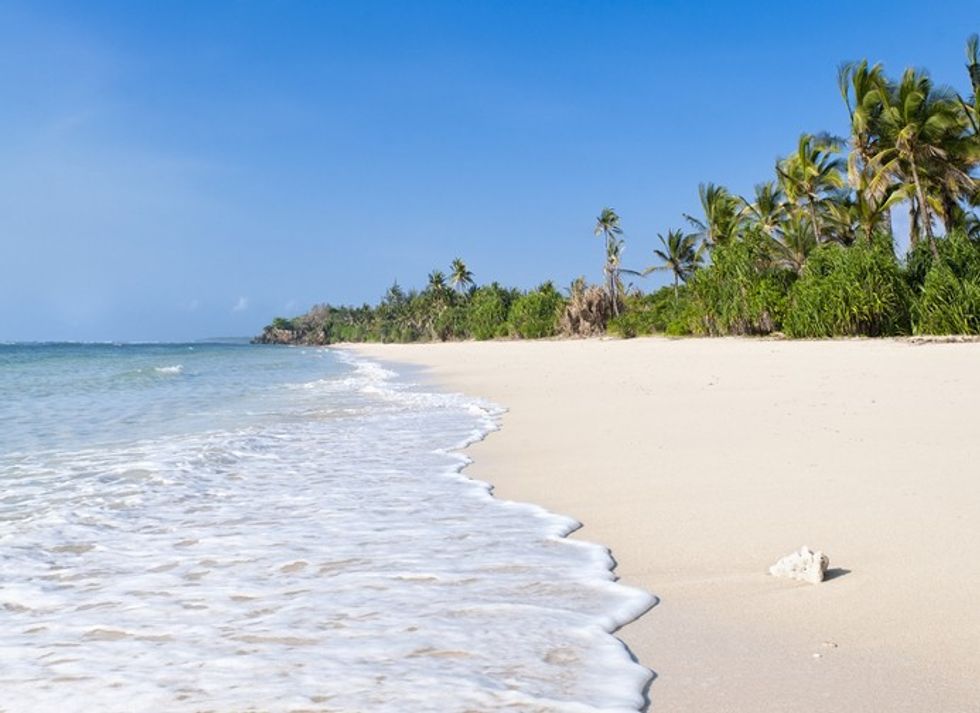'Heightened threat!' Africa travel warning as holidaymakers risk falling victim to terrorism and kidnap

Attacks could occur with 'little or no warning'
| GETTY IMAGES
Tourists in Kenya were advised to remain 'particularly alert' in places visited by foreigners
Don't Miss
Most Read
Britons have been given a fresh travel warning for Kenya after a US alert urged holidaymakers to exercise increased caution.
The popular destination, which holidaymakers flock to for the Maasai Mara National Reserve, incredible Mount Kenya and stunning beaches, may pose to Britons due to terrorism and criminal kidnap.
The Foreign, Commonwealth and Development Office (FCDO) alerted holidaymakers to a travel advisory issued by the United States Embassy in Kenya on September 13.
The travel advisory read: "The US Embassy in Nairobi reminds US citizens in Kenya that they should exercise increased caution due to the risks of terrorism and kidnapping.

'Attacks are indiscriminate and could occur in places visited by foreigners'
| GETTY IMAGES"Locations frequented by US citizens and other foreigners and tourists in Nairobi and elsewhere in Kenya continue to be targets to terrorists.
"Terrorist groups could attack with little or no warning, targeting hotels, embassies, restaurants, malls and markets, schools, police stations, places of worship, and other places frequented by foreigners and tourists.
"While attacks can occur at any time, concerns are heightened in proximity to anniversaries of prior terrorist attacks, such as September 11, the September 21 Westgate Mall attack, and the October 7 Hamas attack against Israel."
As part of the travel advisory, holidaymakers were advised to take several precautions.
Actions to take
- Stay alert in locations frequented by tourists/foreigners
- Review their personal security plans
- Be aware of their surroundings
- Monitor local media for updates
- Avoid protest areas and demonstrations.
- Avoid crowds
- Keep a low profile
The FCDO provides its own information on terrorism and kidnapping in Kenya. Britons were warned: "There is a heightened threat of terrorism across Kenya. Attacks could target westerners, including British nationals. These could occur at any time including at religious events, public holidays or celebrations.
"Attacks are indiscriminate and could occur in places visited by foreigners, including tourists, such as, but not limited to hotels, bars, restaurants and nightclubs, sporting events, supermarkets and shopping centres, beaches, safari parks, commercial and government buildings and places of worship.
"Be particularly alert in these places. If you go regularly to any location, try to vary timings and patterns of movement. Always travel during daylight hours if possible.
"Look at the security arrangements in buildings you visit, including bag searches, physical security and guards.
"The main terrorist threat is from extremists linked to Al Shabaab – an Al Qaida-affiliated militant group in Somalia. Al Shabaab has issued threats and carried out attacks against Kenya, in part, due to Kenyan military intervention in Somalia."
Holidaymakers were advised to consult the FCDO's advice on regional risks.
Recent significant terrorist attacks include an attack at the hotel and commercial complex at 14 Riverside in Nairobi, resulting in injuries and loss of life in 2019, and an attack on a military airstrip in Lamu County by Al Shabaab in 2020.
The FCDO added: "There is some evidence of growing support for Daesh (formerly ISIL) in Kenya. On January 4, 2024, Daesh published a statement calling for a new global campaign of terrorism including a specific focus on western and Jewish targets.
LATEST DEVELOPMENTS

Kenya is a stunning holiday destination but visitors should stay 'alert'
| GETTY IMAGES"This statement and the ongoing conflict in Israel and the Occupied Palestinian Territories could increase the likelihood of terrorist attacks that affect British nationals."
The FCDO issued some specific advice to travellers to Lamu Island and Manda Island, urging them to be "particularly vigilant given the close proximity of these islands to the Lamu County mainland". Holidaymakers should only travel to the islands by air to Lamu airport, not by road.
Britons were given essential information about the risk of terrorist kidnap across Kenya, with the FCDO identifying a "high threat".
Holidaymakers were advised: "You should be alert to the heightened threat of terrorist kidnapping targeting westerners, including British nationals. Westerners have been the target of kidnaps in northern counties bordering Somalia and coastal counties. Further kidnaps are very likely.
"British nationals are seen as legitimate targets, including tourists, humanitarian aid workers, journalists and business travellers. If you are kidnapped, the reason for your presence is unlikely to protect you or secure your safe release.
"The long-standing policy of the British government is not to make substantive concessions to hostage takers. The British government considers that paying ransom and releasing prisoners builds the capability of terrorist groups and finances their activities. This can, in turn, increase the risk of further hostage-taking. The Terrorism Act (2000) makes payments to terrorists illegal."










